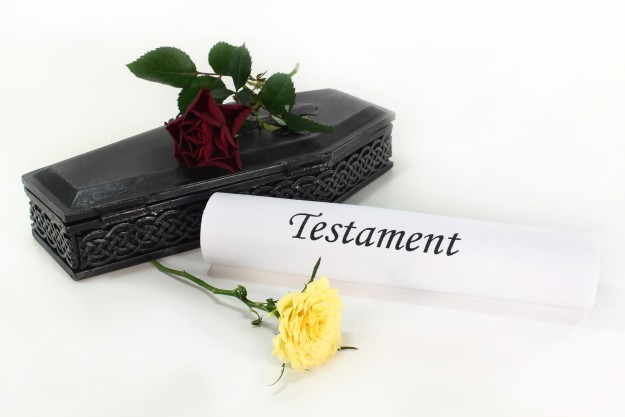Accommodation after Death?
This isn’t the beginning of a joke about the person who died and went to Heaven… It’s a serious estate planning question about how a family-member might continue to live in a property after the owner has died. This question frequently arises (where a spouse, child or sibling was living with the deceased), and it is often the cause of unnecessary concern & anxiety.
Following your death, family-members may have a challenge in finding new accommodation quickly; they may not have the finances available and if the house is sold quickly, could be rendered homeless.
Is there some way to delay the sale-after-death for a reasonable period to allow the family-member some time to adjust to his new circumstances; to cope with the grief of losing you, and to build-up finances towards a deposit for his own property or to find a suitable home to rent and move out?
Yes – there IS a way! In your Will, you can create a testamentary trust leaving the house on trust, to be used by the intended person (let’s call that person the Tenant), with a clause in your Will saying that the Tenant can stay in the property for the agreed period.
The trustees of the house won’t be allowed to sell it without the Tenant’s consent. It is not theirs to sell.
Your Will can contain all sorts of additional conditions, such as whether the Tenant will be obliged to insure the house correctly, pay rent and keep it in good repair.
There may be an agreement that the Tenant can move to a replacement property under the same terms, say if the original property becomes too much for the Tenant to mange and maintain. If a replacement house of less value is purchased the spare funds will go into the deceased’s residuary estate.
This, of course, only works if the property can be passed on this way in a Will and the house isn’t required to be sold immediately for cash for a particular reason, perhaps to clear a tax bill or to pay a specific monetary legacy.



